Culture
The definitions of what is culture may change but the practice of understanding, and unpicking cultural history is an important dimension to understanding any historical period. In this section articles explore the way that definitions of culture have changed and how those changes have affected values and attitudes. The impact of the written word on fashions and ideas and the role of historic movements such as the renaissance are all addressed in this section.
Sort by:
Date (Newest first) | Title A-Z
Show:
All |
Articles |
Podcasts |
Multipage Articles
-

Recorded webinar: Shakespeare, history, and contemporary politics
ArticleClick to view -

Kangxi and Louis XIV
ArticleClick to view -

More than skin deep: unmasking the history of cold cream
ArticleClick to view -
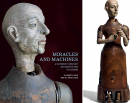
In conversation with Elizabeth King
ArticleClick to view -

Charles I in objects and architecture
ArticleClick to view -

Connecting poetry, philosophy and landscapes in Ancient China
ArticleClick to view -

The Ancient Kingdom of Nabataea
ArticleClick to view -

Five stones in St Albans: life in Verulamium
ArticleClick to view -
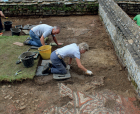
Sophisticated living in sub-Roman Britain
ArticleClick to view -
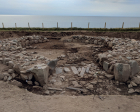
Archaeology on the edge
ArticleClick to view -

Real Lives: Colonel James Skinner
ArticleClick to view -

My Favourite History Place: A Short History of Brill
ArticleClick to view -

Political and social attitudes underpinning the 1924 Olympics
ArticleClick to view -
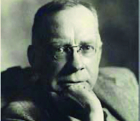
The circle of Ulster literary male friendships of author Forrest Reid
ArticleClick to view -
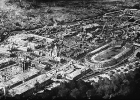
White City: the world’s first Olympic Stadium
ArticleClick to view -

Real Lives: Charlie Mitchell, Tuke's top model
ArticleClick to view -

My Favourite History Place: The Holburne Museum
ArticleClick to view -

The portrayal of historians in fiction: people on the edge?
ArticleClick to view -
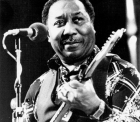
Muddy Waters: from migrant to music icon
ArticleClick to view -

Film: Social & Cultural Change
ArticleClick to view

